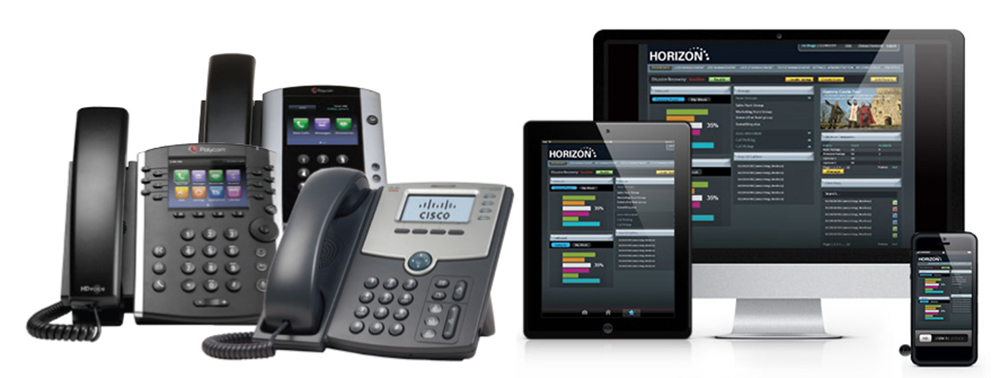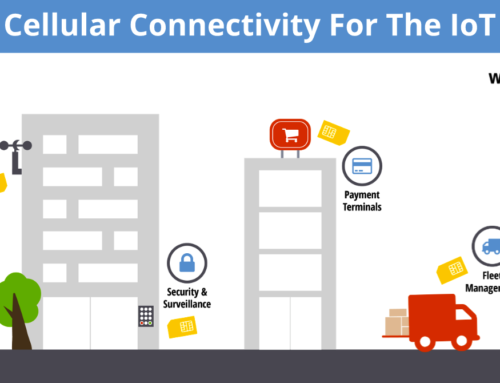Hosted Call Recording has almost become a ‘must have’ these days as its use and application has widened, such as for tracking brand, sales or people performance. There are many reasons for this. Prices for hosted call recording have reduced both relatively and in real terms. As a result, call recording became a mainstream SME product instead of an enterprise level luxury. More recently call recording has become a far more integrated application and is now a key component available in Hosted Voice solutions.
So, how will the GDPR affect the use of call recording applications?
Organisations that use hosted call recording will need tighter control of their recording data together with the ability to remove data when required. As part of GDPR, the consumer now has a right to be forgotten. Many basic recording platforms don’t have the flexibility to remove client specific data.
GDPR stipulates for the first time the specific situations in which call recordings may be made, notably the following:
- Where individuals have given consent to be recorded (this consent cannot be assumed)
- Where recording is necessary for the fulfilment of a contract
- Where recording is necessary to satisfy legal requirements such as to maintain compliance with the MiFID II regulations which affect the financial sector
- Where recording is necessary to protect the interests of one or more participants
- Where recording is in the public interest (such as in the case of emergency services calls)
- Where recording is in the legitimate interests of the recorder, unless those interests are overridden by the interests of the participants in the call
What this means in practice for commercial organisations is the recording of calls will nearly always have to be undertaken with explicit consent. Whilst this is generally considered good business practice, GDPR adds weight in terms of fines if this consent cannot be proven.
MIFIF II and GDPR make Hosted Call Recording Compliance a hot topic
Although compliance is a key focus, planned changes to call recording software in order to facilitate compliance will significantly enhance current products, adding, for example, better audit logging, call recording management and control. The Cloud is having a significant impact by making this possible and more affordable. The next generation of call recording products, such as those available on Horizon Hosted Voice will add further value to customer phone systems.
Hosted call recording applications will play a crucial role in GDPR compliance, built into the data management policies and processes of an organisation.
Businesses will need to feel confident that the solution they are using can support them in the following areas:
- Capturing consent for recording – organisations will need to be a lot clearer on how they will be using or ‘processing’ recorded calls and data, but they will also need to ask for and keep a record of the fact that consent was explicitly given. There are also implications around conflicting regulations e.g. MiFID II, where recording is mandatory for compliance, and how consent works in these circumstances.
- Identifying an individual’s records – The GDPR widens the existing ‘right to be forgotten’ and individuals will be able to withdraw consent and request for their personal data to be deleted or ported elsewhere. As such, the ability to link communication data captured from different sources to an individual and to have the capability to export these records and associated metadata into data management tools, such as CRM systems, is key so that organisations can easily build a complete picture of the personal data held on file.
- The controlled ability to delete or port records if required.
- Keeping records safe through controlled platform access, encryption and deployment options.
For more information on Call Recording call Trio Telecom on 01727 221303.



Leave A Comment
You must be logged in to post a comment.